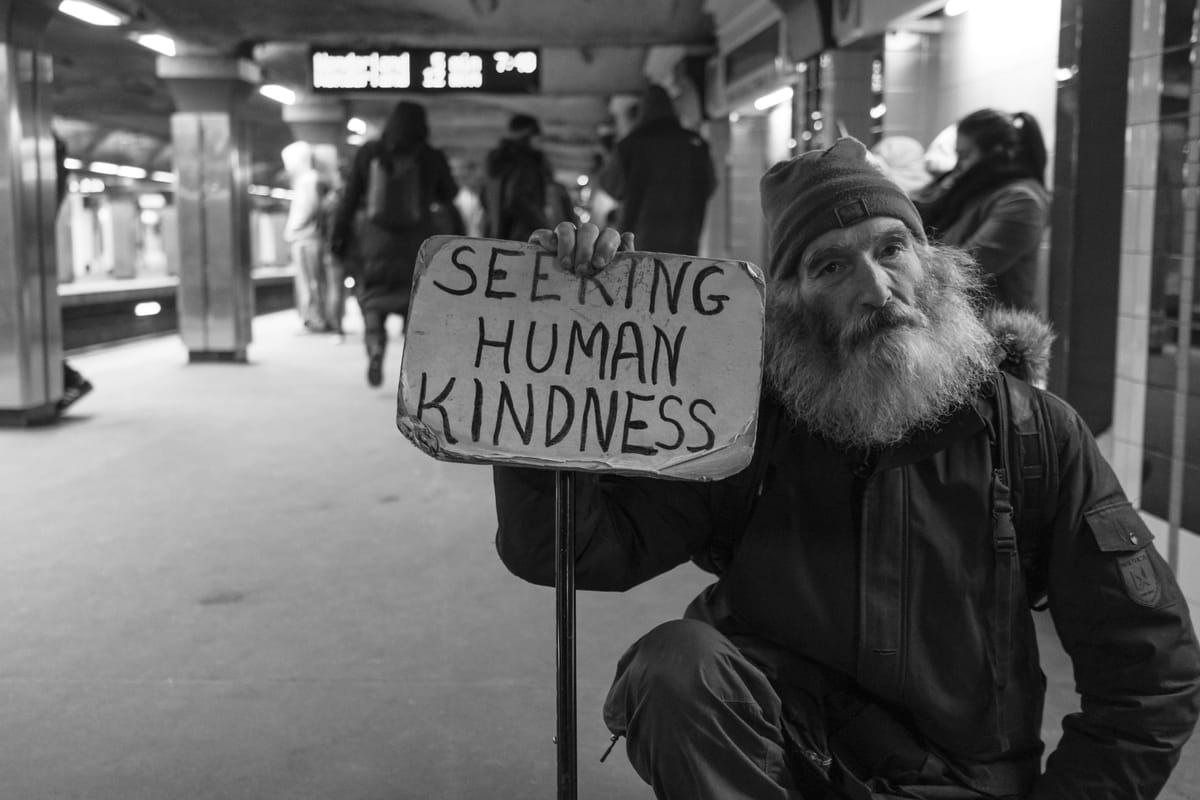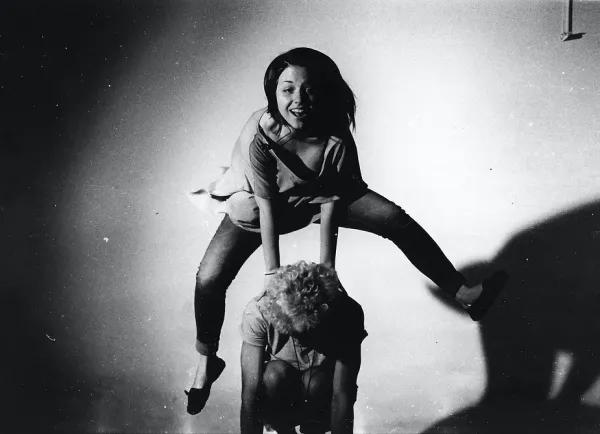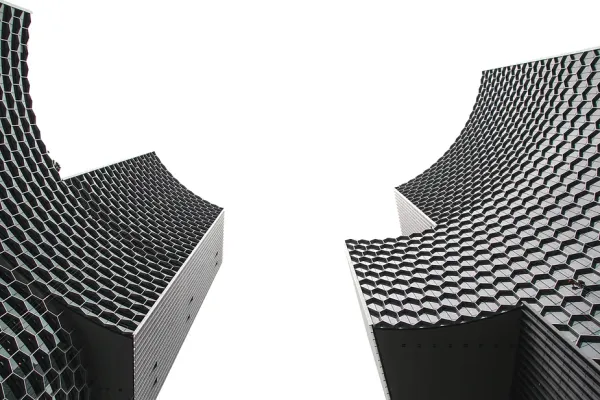2. The Redemption of Hospitality

How can we recover our understanding of difference, not as dangerous and destructive, but as a sustainable, relational cycle of excitative tension intended to facilitate life in all its complex expressions?
Polarization is, at its heart, a high-amplitude crisis of inhospitableness. This has reflected in the macrocosm as a fundamental inhospitableness (to life as we know and represent it) of environment. Redemption, then, comes by mitigating the critical amplitude back to within life-affirming margins via retrieval of a culture of hospitableness. This is necessarily an incremental, iterative, relational process; Recovering hospitality requires the dismantling of the manufactured, illusory states of hyper-isolation found within a polarized system, which can only be done deeply by rebuilding relationships at what adrienne marie brown calls “the speed of trust.”[1]
My theology demands I engage with supporting the rediscovery of that sustainable, life-affirming tension in any small ways I can while also encouraging others toward the healing and connection that promotes this. My aim is to mitigate the polarization that disrupts our understanding of ourselves as part of each other, part of the same system by employing "Ministry of Small Things."
My constructed theology is rooted in an embodiment and praxis of togetherness cultivated by small acts[2] of hospitality outreach and invitation. With a common ground of cultural togetherness, we may be able to transform oppositional polarities into complementary differences. By this, I believe we will reclaim our ability to negotiate differences fruitfully, or at least not destructively. Note that I am not addressing the idea of difference directly, preserving the notion that difference is necessary and beneficial.
Instead, my theology seeks to build a resilient container for difference.
This is the second installment in a multi-part series on the constructive theology behind a "Ministry of Small Things."Go back to Part 1 or read Part 3 the next installment in the series on "The Ministiry of Small Things."
[1] adrienne marie brown notes in her book Emergent Strategy that trust is built through “critical connections more than critical mass” (brown, 30).
[2] Through 6 months of exploring a dedicated practice of small physical movements in 2021, I noticed how connected motion was to my sense of spirit and creativity. This is another way to position movement as an intrinsically necessary aspect of well-being, whether a body moving through space, emotions moving through the body, a spirit moving through transformation, or a populace navigating the movement of culture change. There is some research that indicates fluid movements of the body are associated with measurable increases in creative thinking in the human brain. I bet Alfred North Whitehead would have approved!



